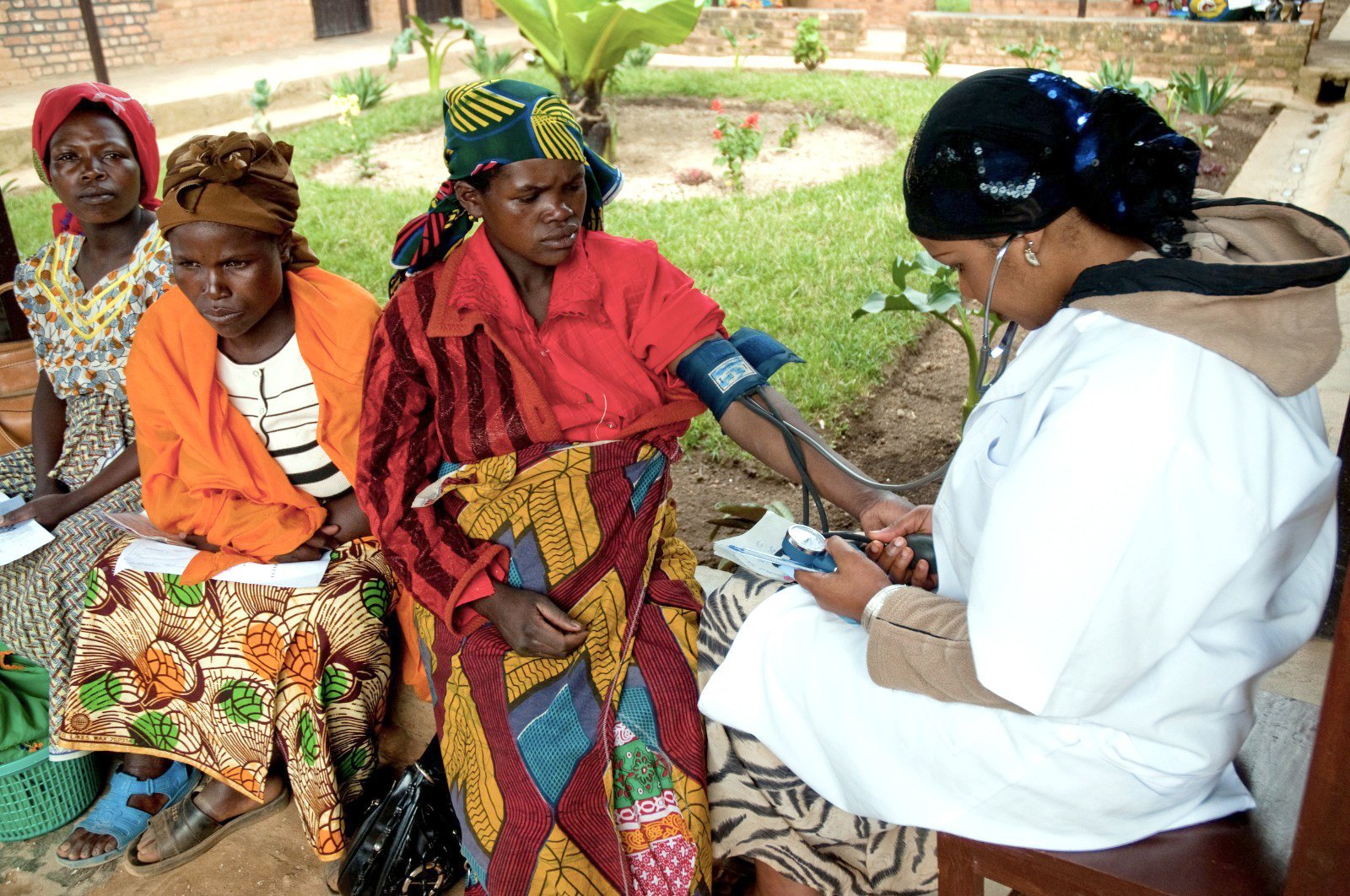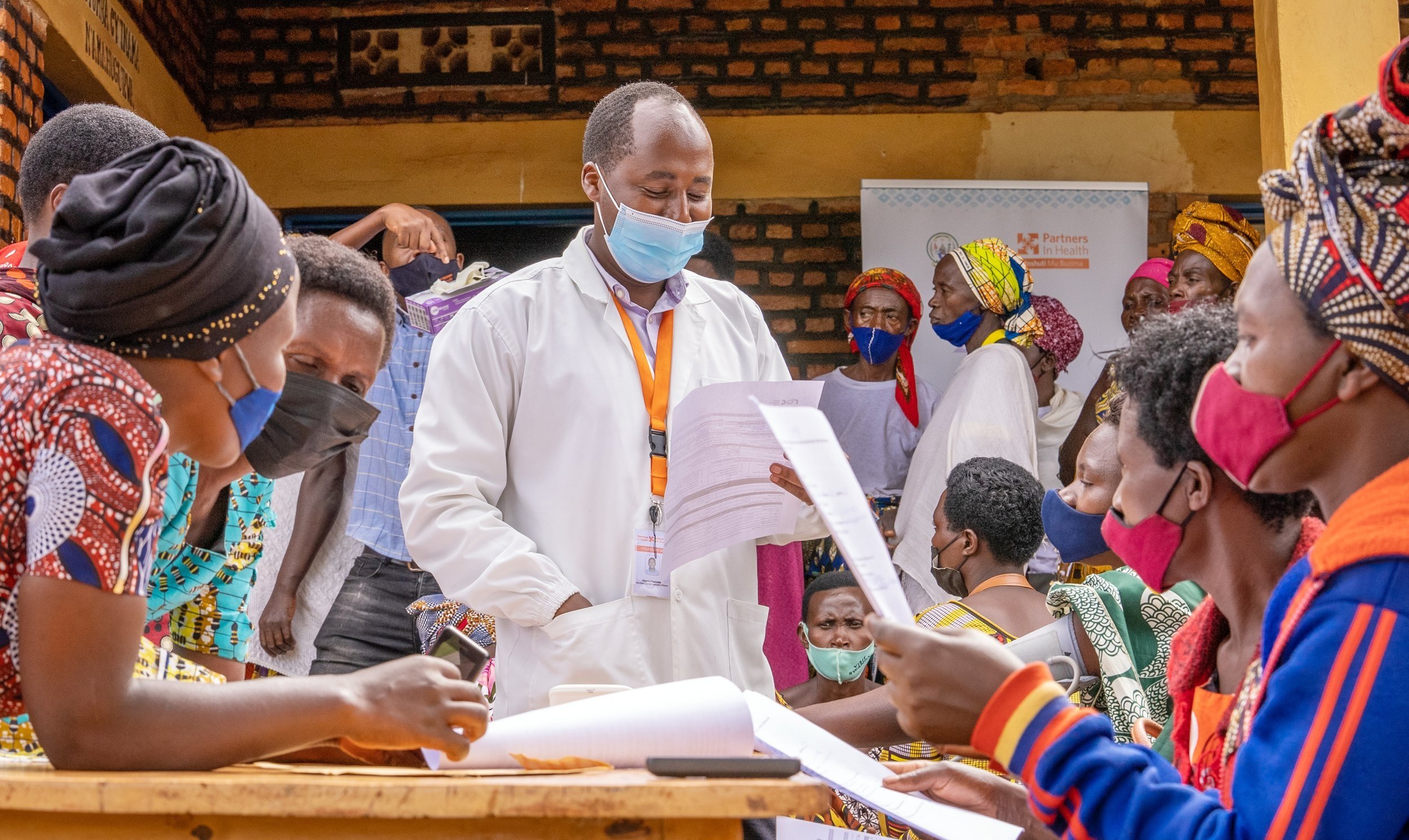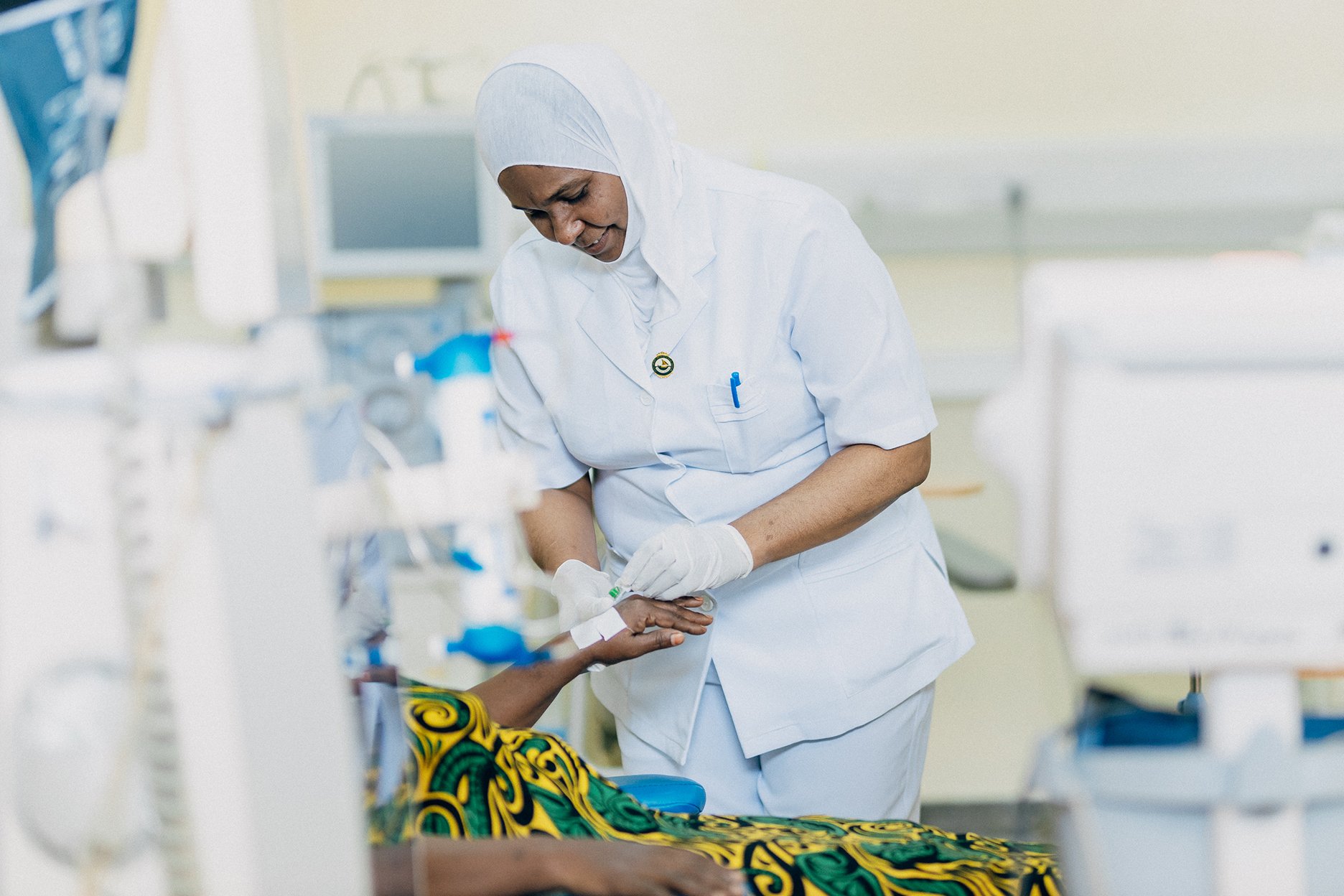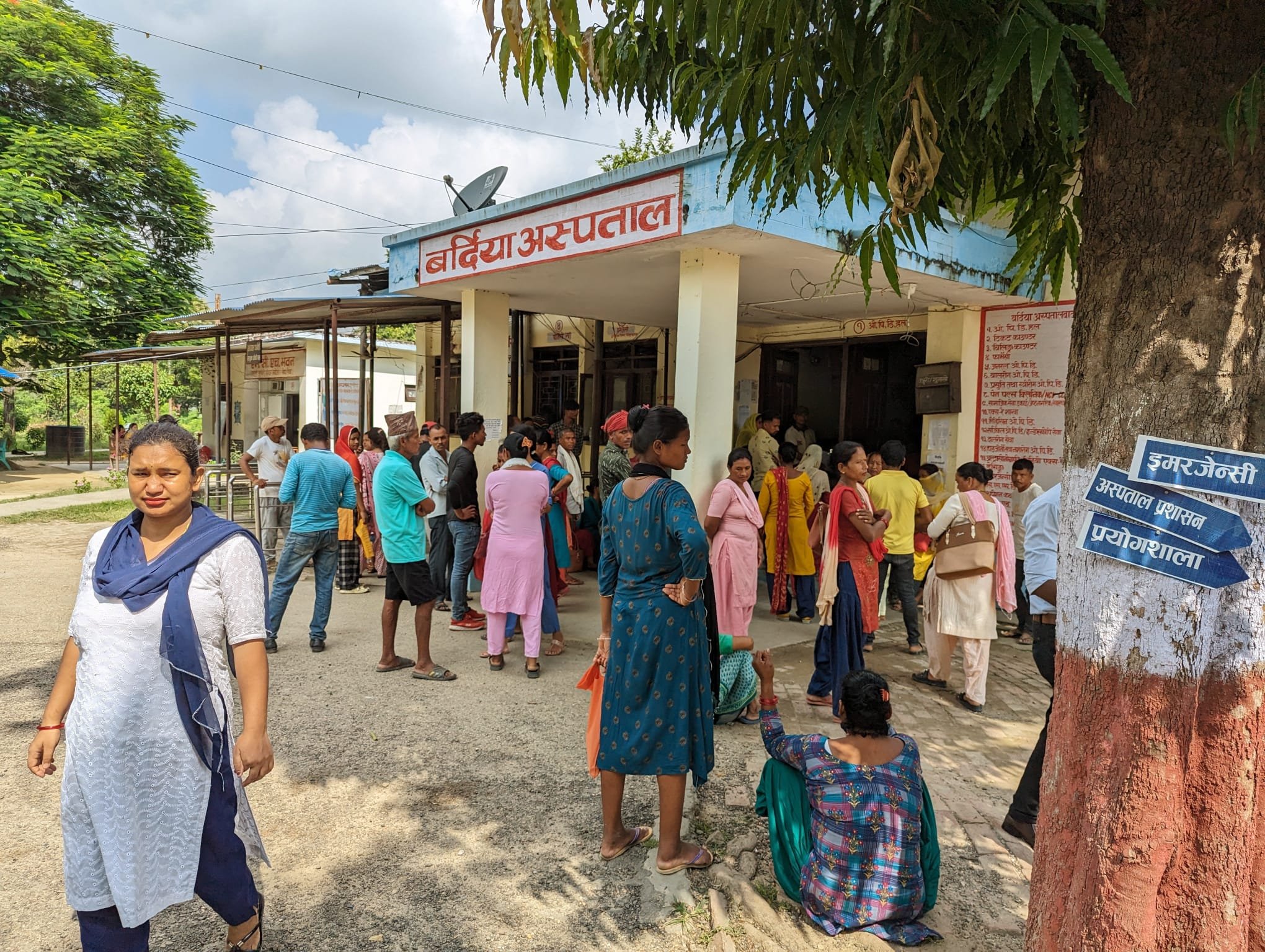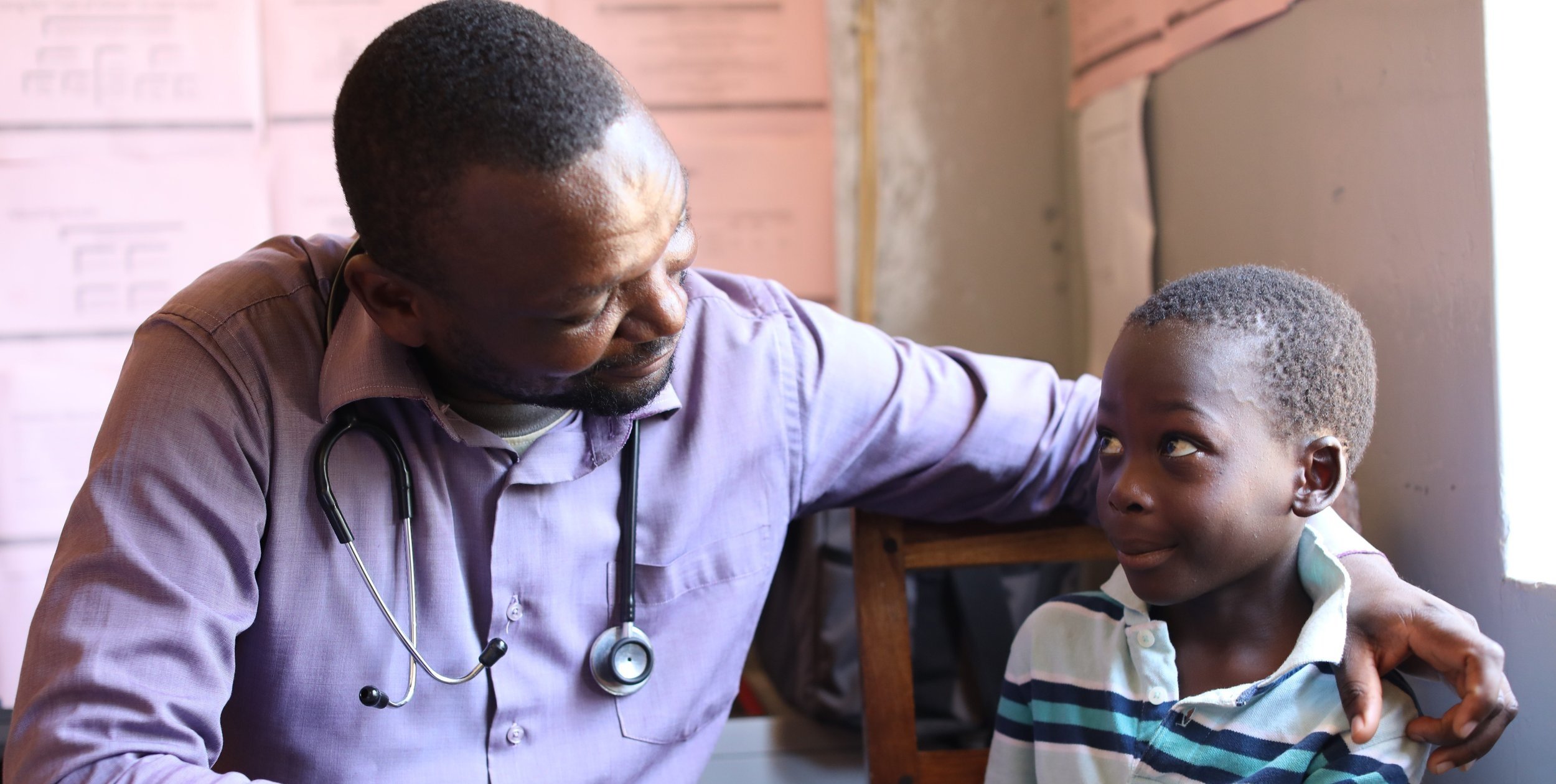
Where a child lives should never determine whether a child lives. Yet children with type 1 diabetes in rural areas of sub-Saharan Africa often die within a year of diagnosis. This tragedy is as unnecessary as it is unjust. The NCDI Poverty Network works with partners internationally to implement PEN-Plus, a proven strategy for providing lifesaving treatment to children and young adults living with severe noncommunicable diseases in settings of extreme poverty.
News and Features
Principal PEN-Plus Conditions
Type 1 Diabetes
Unlike their counterparts in high-income countries, children with type 1 diabetes in rural areas of sub-Saharan Africa often die within a year of diagnosis. This tragedy is as unnecessary as it is unjust.
Sickle Cell Disease
Each day, in sub-Saharan Africa alone, approximately 1,000 children are born with sickle cell disease. In resource-poor settings, more than half of them will die before they reach their fifth birthday.
Childhood Heart Disease
Without proper treatment, 20 percent of nine-year-olds who survive acute rheumatic fever in low-income countries will die before they turn 15. More than 70 percent will not survive past 25.
Our Work
Research
To inform the design, implementation, evaluation, and scale-up of integration-science solutions—such as PEN-Plus—to healthcare delivery challenges in low-resource settings
Policy
To promote policies based on equity-informed priority setting and best practices in service-delivery design
Training
To empower nurses, clinical officers, and other mid-level providers with the knowledge and skills to lead decentralized PEN-Plus clinics
Implementation
To provide technical support for the implementation of PEN-Plus in lower-income countries
Advocacy
To build a solidarity movement across PEN-Plus conditions and to advocate for funding for PEN-Plus internationally










